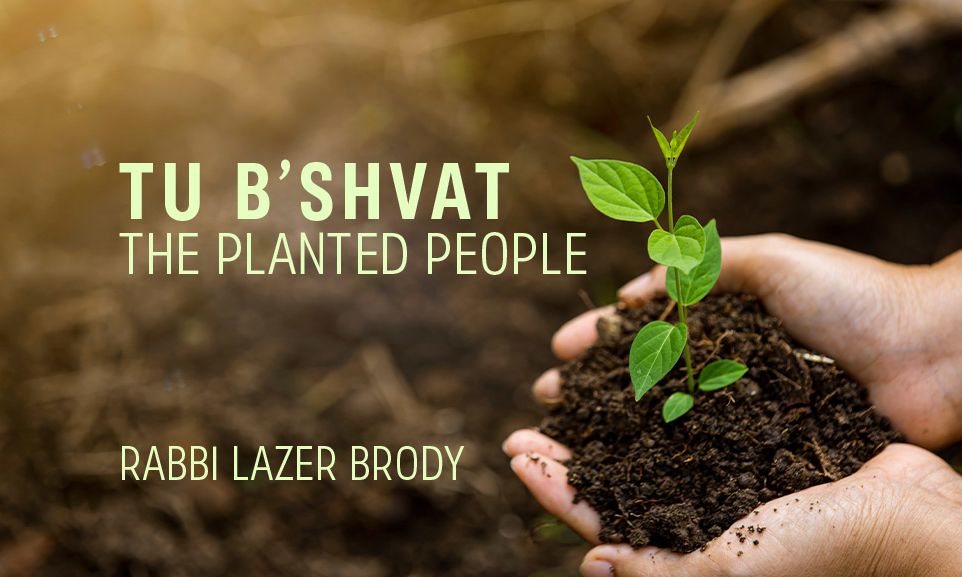
Tu B’Shvat: The Planted People
Why did the Men of the Great Assembly who codified our liturgy use the term "plant us within our borders" rather than "settle us" or "place us"?

The following is an excerpt from our Midnight Lamentations – Tikkun Chatzot – when we mourn the destruction of our Holy Temple, the absence of the Davidic Dynasty and the anointed King of Israel and of all the commandments we cannot fulfill as long as our people are still dispersed in the four corners of the earth. In Hebrew, we say (translation follows):
אֱלֹהֵינוּ וֵאלֹהֵי אֲבוֹתֵינוּ מֶלֶךְ רַחֲמָן רַחֵם עָלֵינוּ טוֹב וּמֵטִיב הִדָּרֶשׁ לָנוּ. שׁוּבָה אֵלֵינוּ בַּהֲמוֹן רַחֲמֶיךָ בִּגְלַל אָבוֹת שֶׁעָשֹוּ רְצוֹנֶךָ. בְּנֵה בֵיתְךָ כְּבַתְּחִלָּה וְכוֹנֵן מִקְדָּשְׁךָ עַל מְכוֹנוֹ. וְהַרְאֵנוּ בְּבִנְיָנוֹ וְשַֹמְּחֵנוּ בְּתִקּוּנוֹ. וְהָשֵׁב כּהֲנִים לַעֲבוֹדָתָם וּלְוִיִים לְדוּכָנָם לְשִׁירָם וּלְזִמְרָם. וְהָשֵׁב יִשְֹרָאֵל לִנְוֵיהֶם. וְשָׁם נַעֲלֶה וְנֵרָאֶה וְנִשְׁתַּחֲוֶה לְפָנֶיךָ. יְהִי רָצוֹן מִלְּפָנֶיךָ יְהוָה אֱלֹהֵינוּ וֵאלֹהֵי אֲבוֹתֵינוּ שֶׁתַּעֲלֵנוּ בְשִֹמְחָה לְאַרְצֵנוּ וְתִטָּעֵנוּ בִּגְבוּלֵנוּ. וְשָׁם נַעֲשֶֹה לְפָנֶיךָ אֶת קָרְבְּנוֹת חוֹבוֹתֵינוּ תְּמִידִים כְּסִדְרָם וּמוּסָפִים כְּהִלְכָתָם:
“G-d and G-d of our fathers, merciful King, have mercy on us, O good and benevolent, seek us. Return to us in Your vast mercy by virtue of our forefathers who did your will. Build Your house [the Holy Temple] as of old and prepare Your sanctuary in its proper place. Show us its erection and gladden us with its establishment. Return the Cohanim to their [holy] work and the Levites to their pulpits of song and praise. Return all of Israel to their beauty [in Jerusalem, gathered together on the Temple Mount], and there we shall ascend and be seen and bow down to You. May it be Your will, O Lord our G-d and G-d of our fathers, that You bring us up in joy to our Land and plant us within our borders. And there, we shall perform before You our obligatory sacrifices, the daily ones [“Tmidim”] in order and the additional ones [“Musafim”] according to Halacha.”
We also say this beautiful prayer during the Mussaf service on Sabbath and holidays.
Something catches the eye. Why did the Men of the Great Assembly – the panel of 120 prophets and sages that included Ezra, Nehemiah, Mordecai, Daniel, Simon the Just and the prophets Haggai, Zechariah, and Malachi who codified our liturgy – use the term plant us within our borders rather than “settle” us within our borders or “place” us within our borders?
There is a vital intrinsic message in our sages’ choice of terms.
The Torah says that “man is a tree in the field” (Deuteronomy 20:19).
Did you ever stop to think why the best peaches in the USA come from Georgia yet the best apples come from Washington State? Each respective tree has its preferred climate where it thrives best. By the same token, better wines come from Italy and France than from other countries.
As an agricultural graduate and a former tree farmer, I can assure you that the best apples, peaches, grapes and wines all come from Israel. Israel is a tree-and-fruit haven.
The Zohar tells us that the Land of Israel is a soul haven too. It’s where the soul thrives best. The Gemara in Tractate Ketubot calls Israel “The Land of Emuna” because one feels Divine providence much more clearly here in Israel than abroad, where everything seems to operate according to natural law.
We can now understand our above-cited Midnight Lamentations and Mussaf prayer: The Jewish People in exile, both outside the borders of the Land of Israel and within today’s Israel that lacks a Holy Temple with the revealed Divine Presence, are like trees planted in a less-than-optimal climate. We cannot thrive this way.
We yearn to be a “planted people”, a nation in its God-given borders, where our souls- both individual and national – blossom. As such, we pray to Hashem to plant us within our borders, to gather in the exiles and bring us to our rebuilt Holy Land with our Holy Temple and the reign of Mashiach. This is why we plant trees on Tu B’Shvat, especially in the Land of Israel. We do our utmost to invoke Divine mercy and compassion so that our Supreme Master Gardener will plant us within our borders of our holy Promised Land, speedily and in our days, amen! Happy Tu B’Shvat!


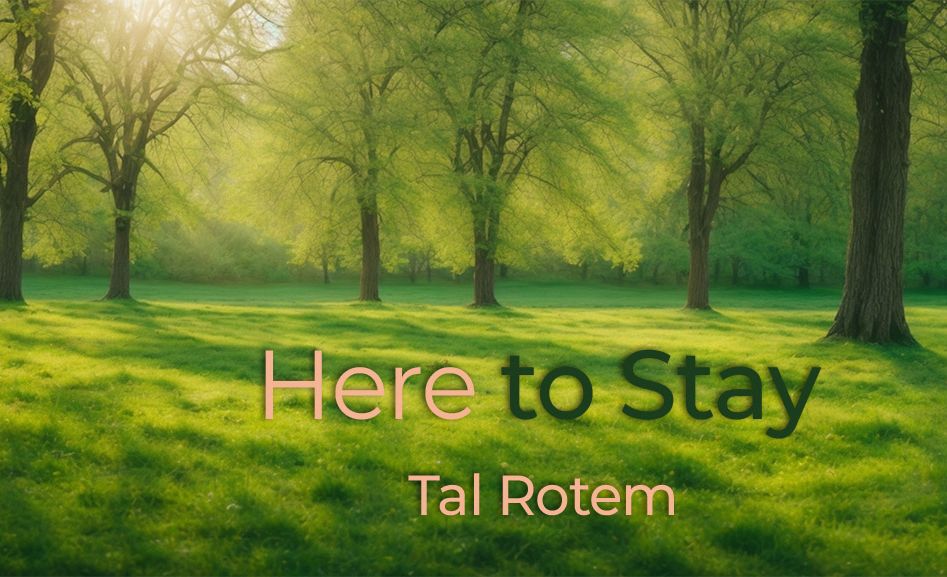
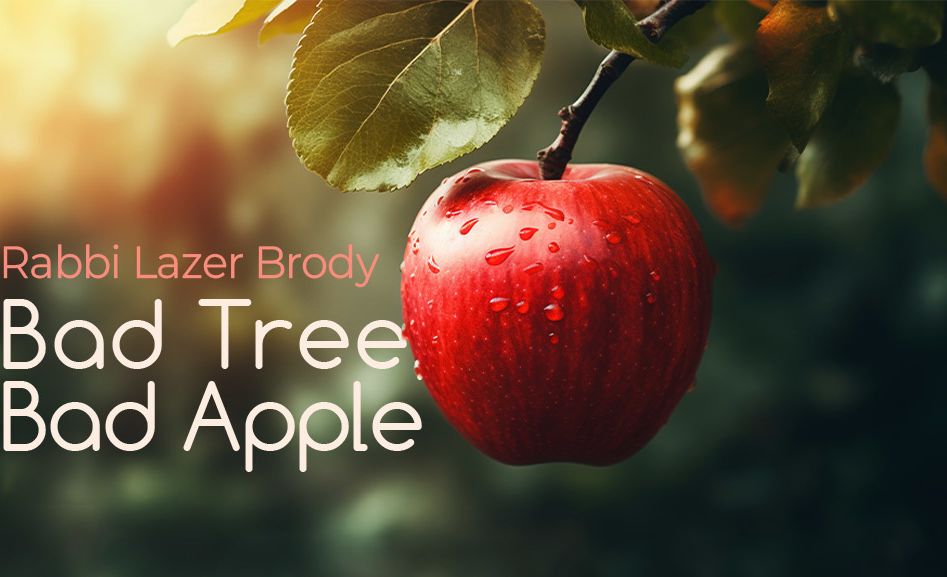
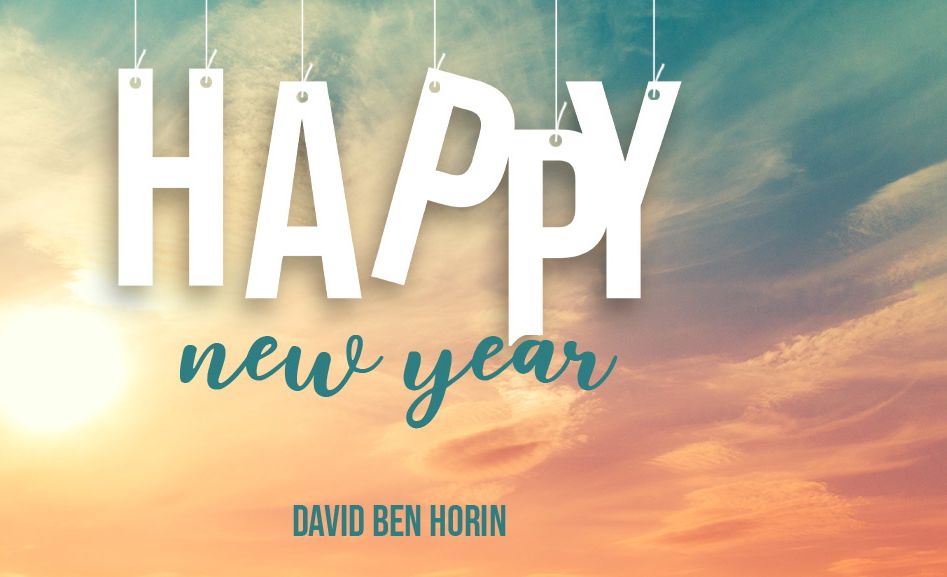
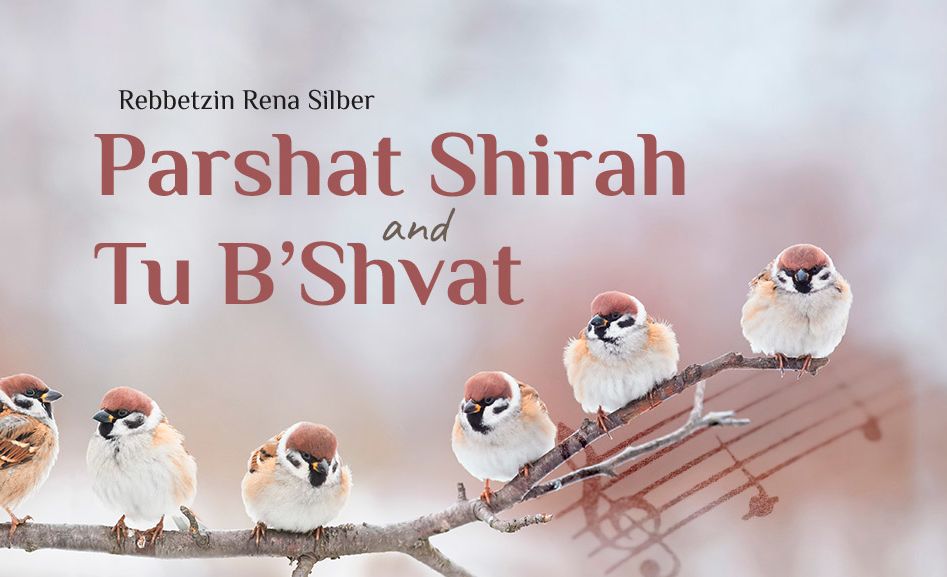
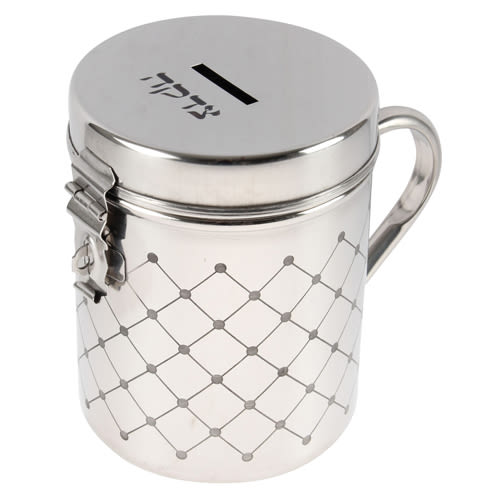
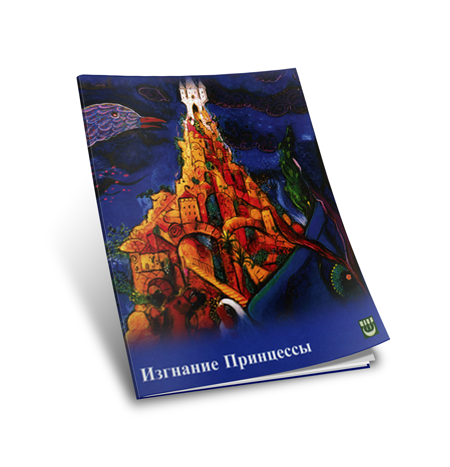
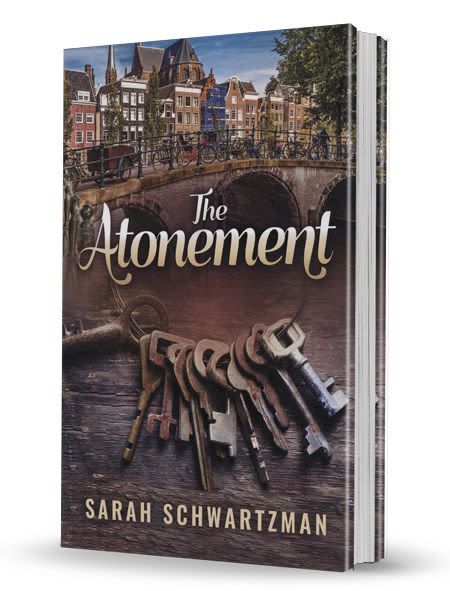
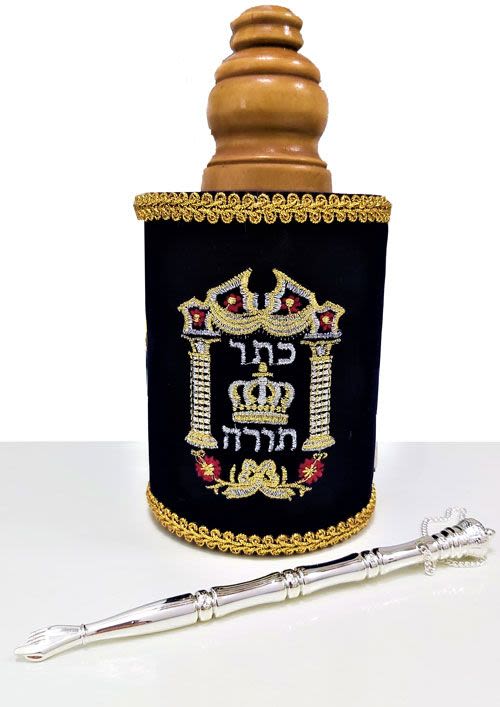
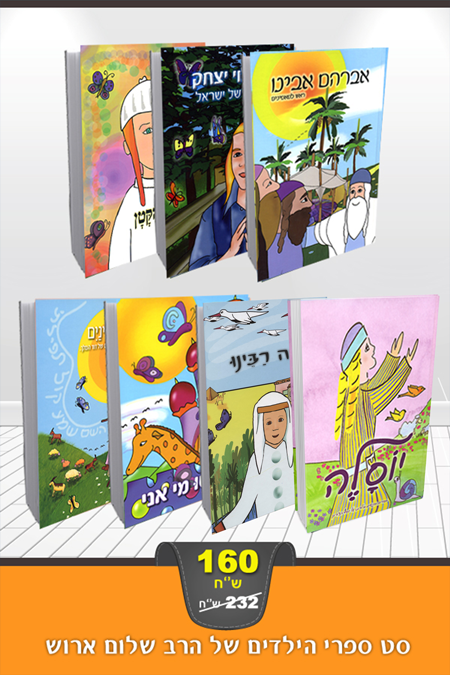
Tell us what you think!
Thank you for your comment!
It will be published after approval by the Editor.